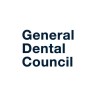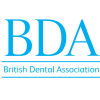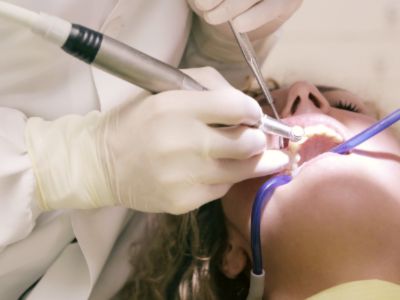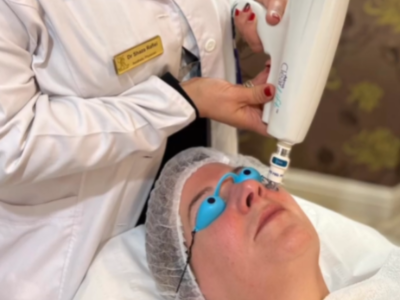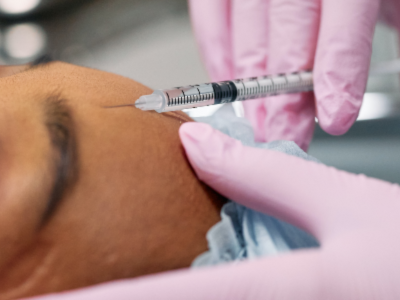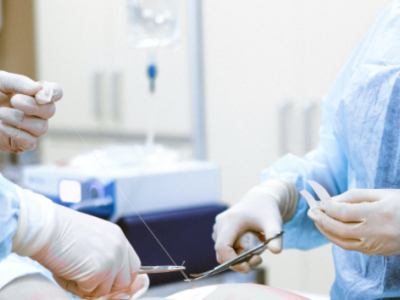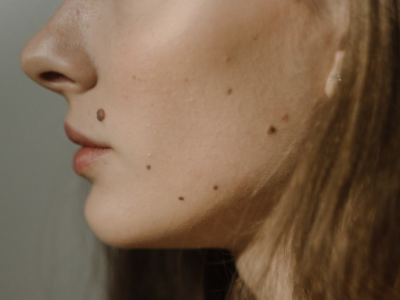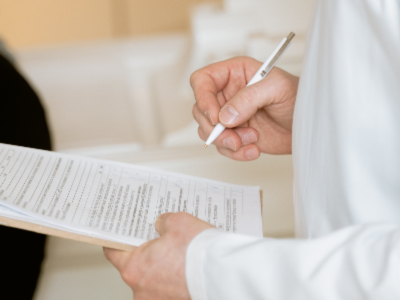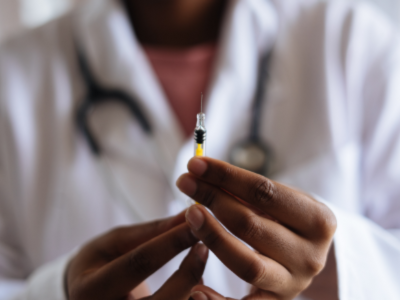Tooth Extraction in Southend-on-Sea, Essex at JR Medical
At JR Medical, we understand that a tooth extraction can be a daunting prospect. Whether it's due to severe decay, infection, overcrowding, or other dental issues, our skilled and compassionate dental team is here to provide you with a seamless and comfortable experience.
Our dentist will prioritise your well-being and will carefully assess your unique situation before recommending a tooth extraction. We utilise state-of-the-art techniques and equipment to ensure the tooth extraction procedure is as efficient and pain-free as possible.
We strive to create a soothing environment to ease any anxiety you may have about the procedure. We are dedicated to ensuring your safety, comfort, and satisfaction throughout the entire tooth extraction process.
When might you require tooth extraction?
If your tooth has sustained significant damage or decay that cannot be addressed with a filling or crown, or when a root canal is not an option, your dentist might opt for tooth extraction as a final recourse. When the possibility of repairing your tooth has been exhausted, tooth removal could emerge as the most suitable solution. During your consultation, your dentist will thoroughly discuss your alternatives with you. Various factors might necessitate tooth extraction, such as:
- Severe tooth decay
- Gum disease (periodontal disease)
- A fractured tooth beyond repair
- The presence of an abscess (a localised accumulation of pus) around your teeth or on your gums
- Dental overcrowding, where insufficient space exists in your jaw for all your teeth
- Impacted wisdom teeth
We will guide you through the decision-making process and explore the reasons behind the potential need for tooth extraction.
How do I prepare for tooth extraction?
Your dentist will provide guidance on how to get ready for your procedure. They will inquire about your dental and medical background. It's crucial to inform them about any medical conditions, allergies, recent surgeries, and the medications that you're currently taking. Your dentist will converse with you regarding the pre-procedural steps, including addressing any potential discomfort.
Is tooth extraction painful?
The tooth extraction procedure itself is not painful because local anaesthesia is used to numb the area being worked on. This ensures that you don't feel any pain during the extraction. However, you may feel pressure and some vibrations during the process. After the extraction, once the numbing effect wears off, it is common to experience some discomfort or mild pain at the extraction site. This is typically managed with pain medications recommended by your dentist. The level of discomfort varies from person to person and also depends on the complexity of the extraction.
The majority of individuals find that any pain or discomfort following a tooth extraction can be managed well with pain relievers and subsides within a few days. Following your dentist's post-operative care instructions can help minimise any discomfort and aid in a smooth recovery.
What happens during the tooth extraction procedure?
Typically, the removal of your tooth (or teeth) will be conducted under the influence of local anaesthesia. This effectively eliminates pain from your gums, although you will experience a sense of pressure. Throughout the procedure, you will remain awake, allowing you to be conscious of the unfolding events.
Once comfortably seated, your dentist will administer a local anaesthetic around the area of your tooth or teeth. They will allow a few minutes for the anaesthesia to take effect and might ask you questions to ascertain its effectiveness.
Your tooth's roots are nestled within a socket or cavity in your gum. The dentist will gently widen this socket and carefully loosen the tooth before removal. On occasions, a stitch might be necessary in the vacant socket to facilitate healing. During the tooth extraction, you'll feel a sensation of pressure in your mouth, but it should not be painful. If you experience any discomfort, promptly inform your dentist.
Simple Extraction:
In a simple extraction, you'll be administered a local anaesthetic to numb the area around the tooth, ensuring you experience only pressure, not pain, throughout the procedure. The dentist will then employ a tool called an elevator to gently loosen the tooth and use forceps to extract it.
Surgical Extraction:
During a surgical extraction, you'll likely receive a combination of local anaesthesia and intravenous anaesthesia, the latter inducing a sense of calmness and relaxation. If you require general anaesthesia we would then need to refer you to the hospital.
The general dentist or oral surgeon will create a small incision in your gum. They might need to remove bone around the tooth or section the tooth before extraction becomes possible.
Tooth Extraction Aftercare
After your tooth extraction, your gum may exhibit some bleeding for a brief period, generally a few minutes, but this may be longer. To stem the bleeding, we will provide a soft piece of padding for you to bite on. Once bleeding has ceased, you'll be allowed to leave and head home.
Before you depart, we will offer guidance on maintaining the health of your teeth and gums. We may suggest pain relievers and an antibacterial mouthwash. In some cases, antibiotics might be prescribed to lower the risk of infection.
A follow-up appointment might not always be necessary after a tooth extraction, but if the procedure is intricate, a visit to your dentist may be recommended for a healing assessment. You'll be informed of the follow-up date while at the clinic. After your tooth has been extracted, there are options to help replace the gap, these can include bridges, partial dentures and implants. Please ask your dentist what would be the best option for you.
Schedule a consultation today with the dental team at JR Medical. Your oral health is our priority! Trust us for a gentle and stress-free tooth extraction experience.
Call JR Medical now on 01702 314497
All of our services cover the whole of Southend-on-Sea including Westcliff-on-sea, Leigh-on-Sea, Rochford, Hadleigh, and Benfleet. We also cover a wider area of Essex, including Rayleigh, Basildon, Grays, and Thurrock.



